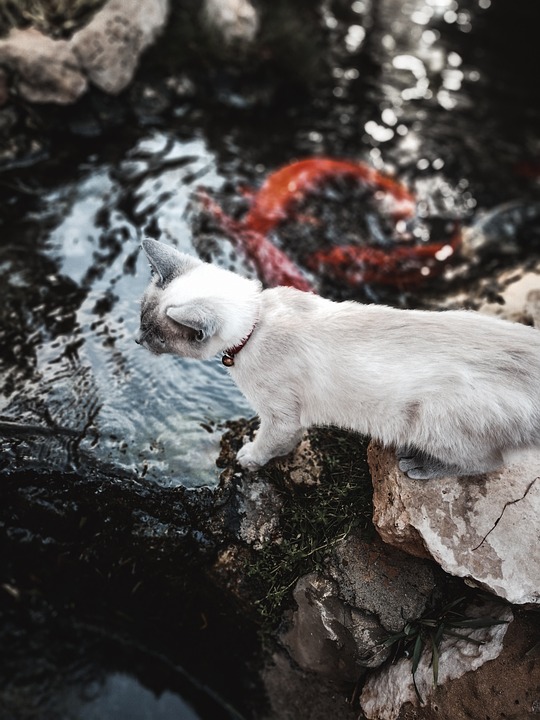Fishkeeping is a popular hobby that offers tranquility and joy to many individuals. However, it is not uncommon for fish in tanks to exhibit abnormal feeding behavior, which can be worrisome for fish enthusiasts. In this comprehensive guide, we will explore the various factors that can contribute to abnormal feeding behavior in fish tanks, helping you understand and address these issues effectively. Additionally, we have included a FAQs section to provide further clarity on common concerns.
Maintaining optimal water quality is crucial for the overall health and feeding behavior of your fish. Poor water conditions can affect their appetite and lead to abnormal feeding behavior. Factors such as ammonia, nitrate, nitrite levels, and pH can significantly impact their feeding patterns.
The size of your fish tank and the available swimming space can also affect feeding behavior. Overcrowding can lead to competition for food, causing some fish to become aggressive or shy away from feeding. It is important to ensure that each fish has enough space to swim and feed comfortably.
The social dynamics among tank mates can also influence feeding behavior. Dominant fish may hog most of the food, leaving others malnourished. Conversely, shy or submissive fish may struggle to access food due to intimidation from more assertive tank mates.
Fish suffering from illnesses or diseases often exhibit changes in feeding behavior. Parasites, bacterial infections, or internal organ disorders can cause a loss of appetite or difficulty in swallowing food. It is important to be aware of these potential health issues and seek appropriate treatment.
There are several abnormal feeding behaviors that fish may exhibit, each with its own potential causes. Refusing food can indicate underlying issues such as water quality problems, stress, illness, overfeeding, or inappropriate food choices. Excessive or aggressive feeding may be a result of nutritional deficiencies, hunger due to inadequate feeding, or high competition for food. Gulping or gasping at the water surface is often a sign of oxygen deprivation, which may be caused by poor water circulation, low oxygen levels, or gill-related health problems. Nipping at tank mates during feeding time may be a result of competition or territorial behavior.
To address abnormal feeding behavior, it is important to evaluate water parameters regularly and maintain optimal conditions for your fish. This includes addressing any water quality issues promptly. Providing adequate space in the tank is also crucial to reduce aggression and competition during feeding time. Offering a balanced diet that meets the nutritional needs of your fish species is essential. This can include a mix of high-quality pellets, flakes, frozen or live foods. Lastly, it is important to observe and separate aggressive fish if necessary, to prevent harm to other tank mates and ensure equal access to food for all fish.
In the FAQs section, we address common concerns regarding feeding habits in fish tanks. The feeding frequency depends on the fish species, with most aquarium fish requiring feeding once or twice a day. If a fish refuses to eat, it is essential to investigate potential causes such as water parameters, tank mates, or signs of illness. Stress can significantly impact a fish’s appetite and feeding behavior, so creating a calm and secure environment is important. Signs of illness affecting feeding behavior include weight loss, labored breathing, visible parasites, fin deterioration, abnormal swimming patterns, or changes in feces color or consistency. If these signs are observed, it is best to consult a veterinarian specializing in fish health.
Understanding and addressing abnormal feeding behavior in fish tanks is crucial for the overall well-being of your aquatic companions. By maintaining optimal water quality, providing adequate space, and offering a balanced diet, you can help promote healthy feeding habits. Regular observation and prompt action when abnormalities occur will ensure a thriving and happy fish community in your tank.









